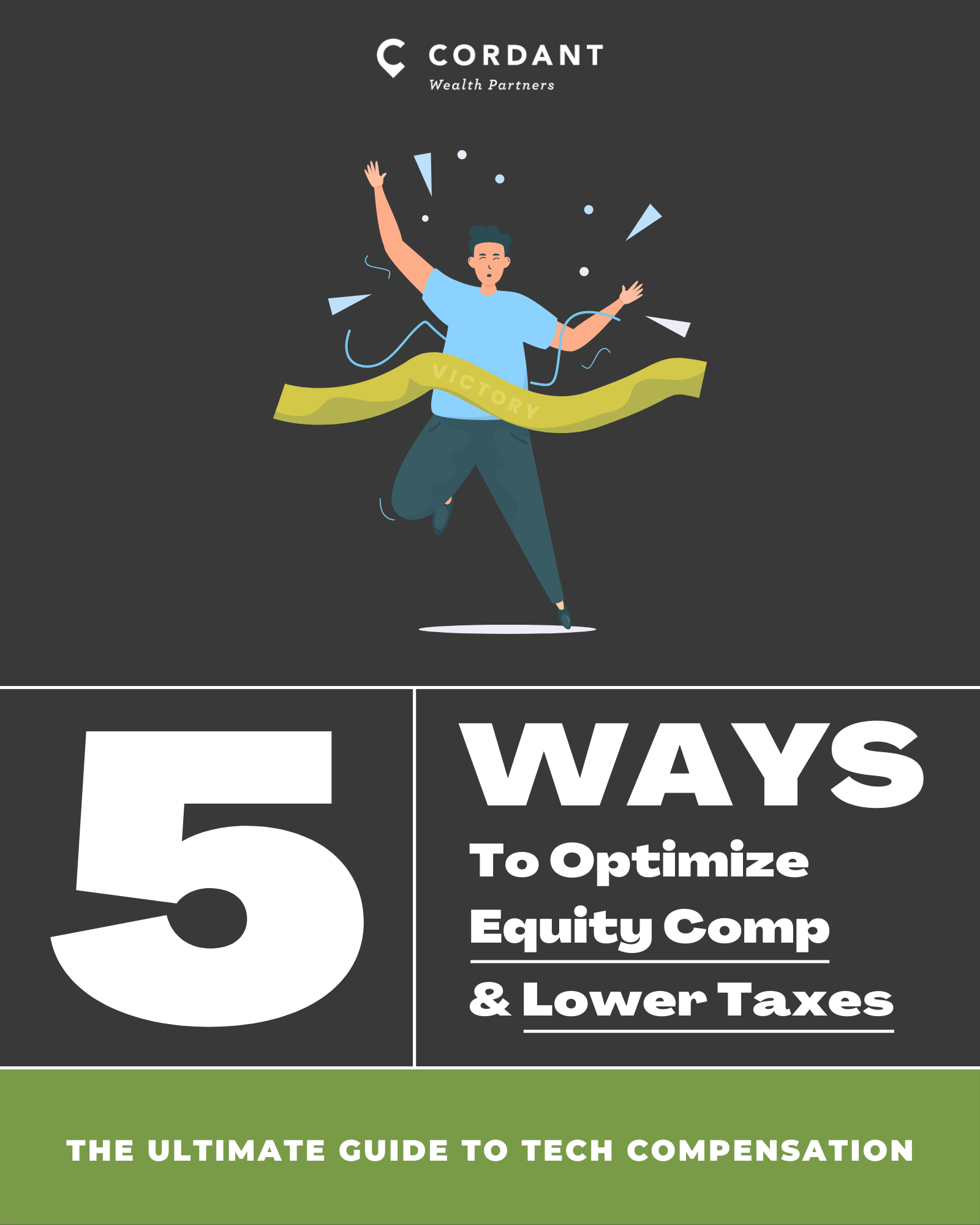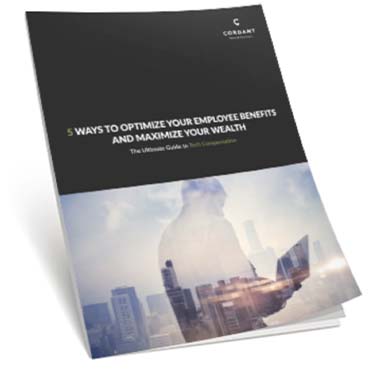‘Because I said so‘ is the easy answer as a parent but rarely the best response. It’s one I swore as a kid I’d never use when I grew up, but I do.
The investing version of this time-saving shortcut, “Because I said so investing,” is allocating based on headlines—something we all know we shouldn’t do, but that proves tempting nonetheless. It saves time and may feel justified in the short run but is ultimately harmful.
Last year provided ample opportunities for some ‘Because I said so’ investing. A string of bearish headlines from legendary investors Stanley Druckenmiller, Carl Icahn, and George Soros that Michael Batnick highlighted on his blog:
And, from June 09, 2016
But, since the last of these, on June 9th, the S&P 500 index is up 22%. Investing based on headlines, become someone said so, would have cost you real money.
Batnick in his article, gave three reasons why these headline-grabbing “opinions have absolutely no place in an investment process.”
1) Losing money means literally nothing to them. They can drop $10,000,000 on a trade and not even notice it’s missing.
2) These guys are traders, they’re not married to their opinion. They can change their mind tomorrow and you’d never know it.
3) The best batting average of all time is .440. The greatest investors have a similar winning percentage.
The latest opportunity from ‘Because I said so’ investing comes from another billionaire investor. Jeff Gundlach made headlines this last week with his warning on Wednesday about the stock market:
And based on the S&P 500 dropping on both Thursday and Friday, Bloomberg was ready to call him correct on this one. In their article titled Gundlach’s Stock Market Warning Comes True they write:
Stocks fell around the world a second day and high-yield bonds headed for a fourth straight loss, resuming a historic correlation that the hedge fund manager on Wednesday had warned was alarmingly out of whack.
And later:
Though one day of trading doesn’t make for a trend, that they both declined was an ominous sign that junk bonds may pull down equities further.
While the media love these attention-grabbing headlines, you can safely ignore this “advice.” For all we know, Gundlach and his team could have been using it to get in one day and out the next—not some longer-term signal.
To test Gundlach’s claim that the recent performance of high-yield (a.k.a. Junk bonds) spell trouble for the stock market, I went to the data. Since the inception of the JUNK eft (December of 2007), it’s been down six days in a row or more, 38 times. When that happens over the following 4, 8, 26 and 52 weeks the return on the stock market, as measured by the S&P 500 ETF (Ticker: SPY), is +1.11%, +1.76%, +6.47%, and +10.71% on average respectively—basically inline with the performance of stocks over all periods,irrespective of junk bond’s recent performance. (click to expand the chart)
Since 2007, both criteria that Gundlach references (JNK down 6 days in a row and the S&P 500 is up at least 5 of 6 days) have only happened once before the current instance. In November of 2014, JNK fell seven straight days, and the S&P 500 was up in 5 of the last 6 days of the streak. Stocks went on to produce a positive return over 4, 26 and 52 weeks, only dropping by a scant -2.66% over the 8-week time frame examined.
It’s safe to say that Gundlach and his team have a different time frame and strategy in place than you do. Just like as a parent it’s important to use opportunities to teach and explain why we do what we do, as an investor it’s important to know why you are making any move you make and not just blindly following the headlines.
Instead, of basing your investment strategy on what someone proclaims from the headlines, ask yourself the following:
- Are you properly diversified with a risk management strategy in place that limits your downside once a correction happens but doesn’t rely on predicting when it will happen?
- Do you have an investment strategy in place that gives you the confidence that you will reach your goals without trading your account based on the financial headlines?
- And, if you’re still not convinced and want to heed some ‘Because I said so’ headline advice to get out of the market— When do you get back in? How do you know when it’s all clear? And what’s the tax impact of these trades?
Just like I’m learning as a parent, ‘Because I said so’ might be a tempting shortcut but it isn’t a good one.
Click here for disclosures regarding information contained in blog postings.
Cordant, Inc. is not affiliated or associated with, or endorsed by, Intel.





